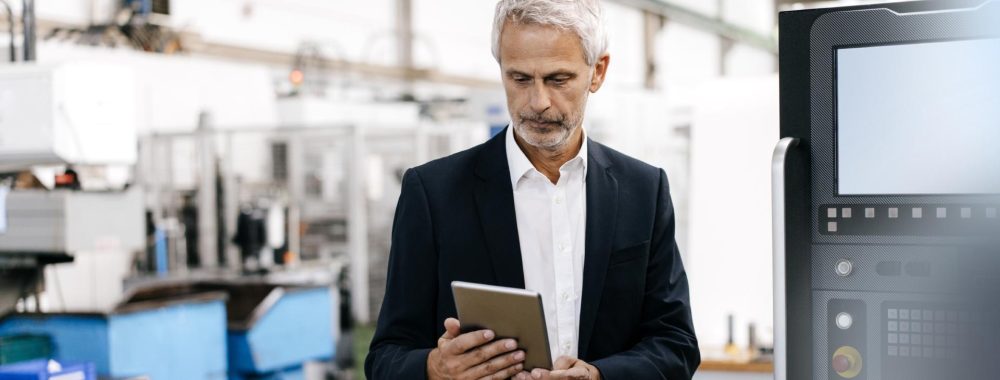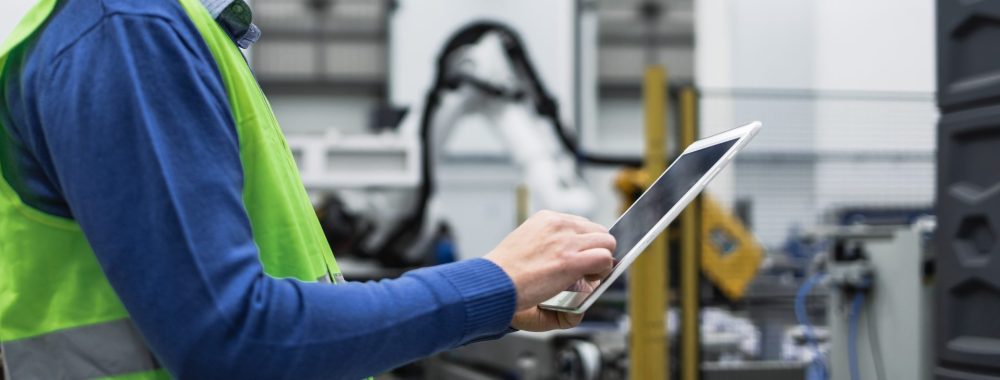Nowadays, care for the planet and environmental responsibility is a point that is required, even demanded of any company. Sustainability has no longer been a supplement to a manual of good practices, but has become an essential point, demanded by customers and governmental authorities in many countries.
The application of Artificial Intelligence aims, among other things, to optimise the operation of many companies, buildings and all types of infrastructures. In this way, these improvements derived from AI can also promote and have an impact on the consumption of energy and resources, promoting sustainability and energy efficiency.
More sustainable buildings with Artificial Intelligence
When a business is looking for sustainability, it is not only limited to infrastructure or machinery. Offices or any type of building also generate a massive consumption of energy and resources that has an impact on the environment.
According to the Global Alliance for Buildings and Construction, buildings account for 40% of all energy consumption, accounting for 55% of global consumption. In fact, in its latest report, it states that 30% of the energy consumed in buildings is wasted.
In this context, the need to promote the development of sustainable buildings that reduce energy waste is obvious. In this case, Smart Buildings are born with the aim of improving safety, accessibility, management and energy efficiency. These are applicable to hotels, factories, hospitals and all types of buildings.
These are some of the applications that seek to promote sustainability in offices or any business that has a smart building:
Smart Air Conditioning Systems
Heating and air conditioning in buildings is one of the most energy-consuming areas. By implementing a smart air conditioning system in offices, the use of these systems can be controlled and optimised in real time. Furthermore, thanks to the installation of smart sensors and thermostats, the use of heating in different rooms can be perfectly controlled according to the number of occupants, etc.
This is a very common feature in Smart Hospitals, which require optimal facility management to allow patients to recover in the best possible comfort.
Use of Intelligent and Monitored Windows
To save energy in the air conditioning of a smart building or office, heat sensors are installed that can close blinds during the hottest hours or automatically activate fans and other ventilation systems.
Smart lighting with motion sensors
To reduce energy costs in any smart building, motion sensors that turn on and off are used in offices, industrial buildings, etc.
In larger infrastructures such as a Smart Hospital or a Smart City, these sensors can be used to adjust the brightness of street lighting or adjust it according to weather conditions (fog, rain, etc.).
Telemetry and savings in water consumption
Along with energy waste, water consumption is also a problem affecting the planet. In some smart buildings, simple telemetry systems are already being applied to detect possible leaks that trigger water consumption.
The installation of effective humidity sensors in green areas is another very effective option for efficient and sustainable irrigation. This smart solution is applicable to all types of spaces such as offices with gardens, golf courses, football fields or hospitals.
Occupancy sensors and space optimisation
Perfect for installation in offices and all types of halls, occupancy sensors are perfect for optimising schedules and making perfect use of space.
More sustainable production plants with Artificial Intelligence
In a context characterised by the quest for sustainability and the preservation of the planet, companies have a long way to go, especially those in the industrial sector. For their part, citizens want companies to make a commitment and adopt measures to reduce CO2 emissions and make progress in favour of the planet’s sustainability.
To this end, the use of smart technologies such as IoT, Big Data and Machine Learning appear as the perfect solution to reduce the energy costs of large industrial plants, optimising production and resource management.
These are some of the applications that you can carry out if you include your industrial business in a digitalisation process:
- Lower electricity consumption thanks to greater control and more efficient management of production and machinery.
- More efficient storage, manufacturing and distribution.
- Lower consumption in reprocessing, thanks to the prediction of errors with Predictive Maintenance.
- More efficient and environmentally responsible waste management.
- Prediction of leaks and greater control of water consumption, from an integrated operations platform such as Nexus Integra.
- Responsible consumption of the air-conditioning system with the use of intelligent sensors and thermostats.
Achieve sustainability with Nexus Integra
Nexus Integra is the integrated operations platform created to manage, from a single interface, all areas of a company: from production plants (one or several) to offices or any type of infrastructure.
Its flexible and scalable design allows you to react to market fluctuations and to the growth of your company, adapting easily to changes. In addition to being able to connect it with existing software in your organisation thanks to its API rest.
Through the control and monitoring of all your business assets, you will be able to reduce costs, improve efficiency and turn your business into a more sustainable organisation: control energy consumption and supplies, optimise administrative and production processes.
If you want to know more about smart environments, contact our specialised team to help you in the profitability and sustainability of your business.

